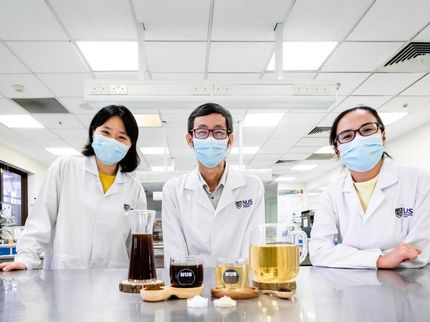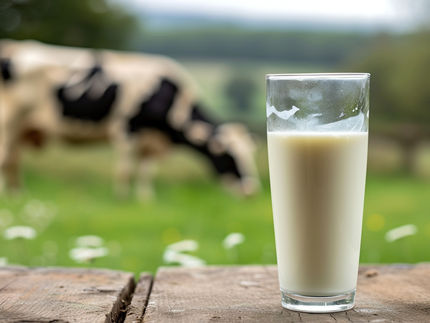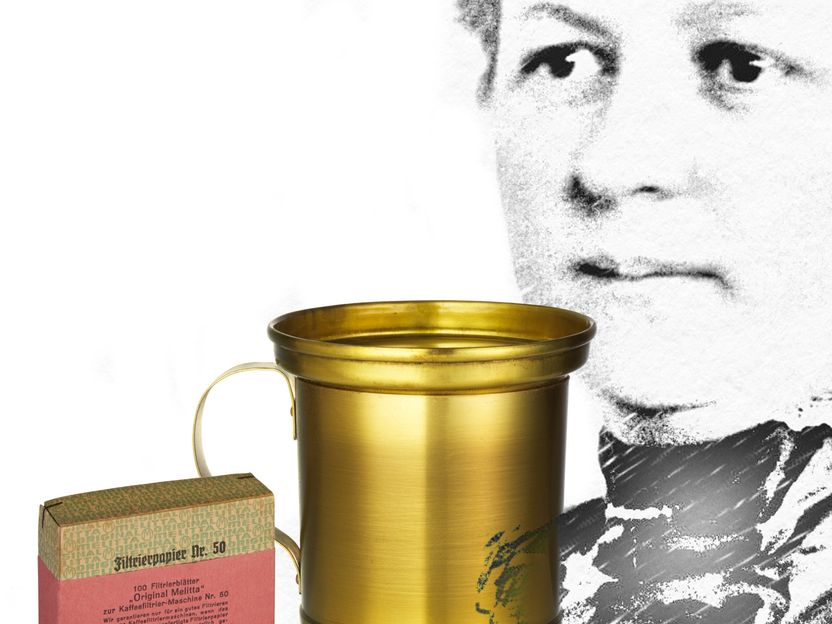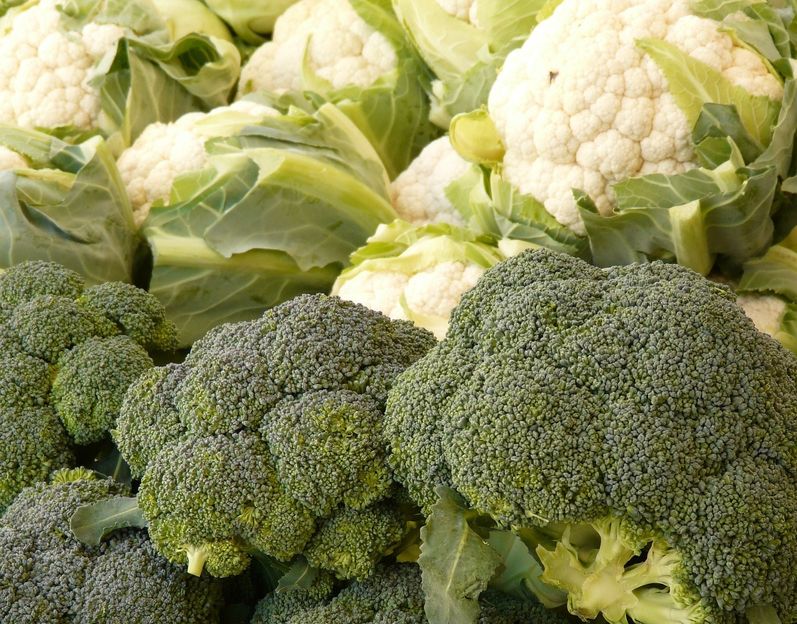That's why coffee is so important in the home office
New study suggests that bitter substances in foods such as coffee could reduce the risk of infection
Advertisement
With a per capita consumption of 166 litres per year, coffee is the most popular drink in Germany - even before curative/mineral water and beer. Especially in the home office, for many people a freshly prepared cup of coffee is a must. It helps to structure the day and offers a pleasurable break from the currently very turbulent everyday life. But coffee not only tastes good, the aromatic beverage also has a number of positive characteristics.

Photo by Di_An_h on Unsplash
Every year, several hundred studies are published that deal with the ingredients and effects of the aromatic bean. Coffee is one of the best studied foods in the world. The results show: A daily cup of coffee can help you stay fit and healthy.
Now scientists from Shanghai have made an exciting discovery in their search for a suitable drug against Covid-19. During their work, the researchers discovered special type 2 taste receptors that can play an important role in human defence mechanisms. And these receptors can be activated by numerous bitter substances, including those contained in coffee. It was then discovered that the main function of the receptors is to ward off possible infectious diseases caused by bacteria, viruses and parasites.
"It has been known for some time now that bitter substances in coffee are good for the body - the new study opens up further areas of investigation that have not received attention until now," says Prof. Dr. Vormann, nutritional scientist at the Institute for Prevention and Nutrition in Ismaning. "From a scientific-medical point of view, coffee is the positive surprise of recent years. We now know that the drink has many more effects than just waking us up. It can prevent numerous diseases, e.g. coffee can protect against type 2 diabetes, Alzheimer's and liver cancer. So it's all right to have an extra cup in the home office. Nevertheless, coffee should be enjoyed in moderation."
According to the European Food Safety Authority (EFSA), the consumption of four to five cups of coffee a day (max. 400 mg caffeine) is safe for a healthy adult.
These are some more positive effects of coffee on the body:
Coffee is good for the mood
A cup of coffee is helpful for a bad mood. The caffeine it contains gives free rein to the stimulants and "feel-good hormones" (endorphins) present in the brain with the effect that many people feel happier and fresher after drinking a cup of coffee. Studies have shown that coffee can even prevent depression.
Coffee has hardly any calories
Even with reduced movement in the home office, you don't have to do without coffee. A cup - enjoyed pure, i.e. without the addition of sugar or milk - has just three calories. What's more, coffee can even help you lose weight, as the drink dampens the feeling of hunger a little.
Coffee motivates and helps thinking
We know from studies that caffeine stimulates mental performance. Just one cup of coffee increases alertness, attention, memory, concentration and the ability to solve problems. The stimulating effect of the hot drink is particularly evident when you have a boring task to perform and are not very motivated.
Coffee increases physical performance
The good news for everyone who wants to stay fit in the home office: Taking caffeine can prolong your endurance performance and ensure that you feel less strenuous. So: first a cup of coffee and then up to the ergometer.
Coffee can strengthen the immune system
Coffee contains many valuable antioxidants (e.g. chlorogenic acids) which strengthen the immune system and help the body to protect itself from oxidative stress, which in the long term can lead to signs of aging, cardiovascular disease and cancer. Numerous metastudies have shown that coffee can even reduce mortality.
Coffee purifies the cells
Even human cells are not immune to ageing processes. Over the course of time, deposits form which gradually impair cell function. Certain ingredients of coffee, the so-called polyphenols, help the body to break down the "cell waste". This effect, which experts call "autophagy", acts like a refreshing cure on our cells and was previously only known from fasting.
Coffee helps against hyperacidity
Coffee is not acidotic, the opposite is true. Contrary to common belief, coffee is easily broken down by the body and is therefore even able to compensate for acidic foods.
Note: This article has been translated using a computer system without human intervention. LUMITOS offers these automatic translations to present a wider range of current news. Since this article has been translated with automatic translation, it is possible that it contains errors in vocabulary, syntax or grammar. The original article in German can be found here.
Other news from the department business & finance
Most read news
More news from our other portals
See the theme worlds for related content
Topic world Food safety
Food safety is at the heart of the food and beverage industry. It ensures that the food we eat every day is not only nutritious, but also free of harmful contaminants. From field to plate, the industry monitors and regulates every step of the process with strict quality controls, advanced testing methods and continuous research.
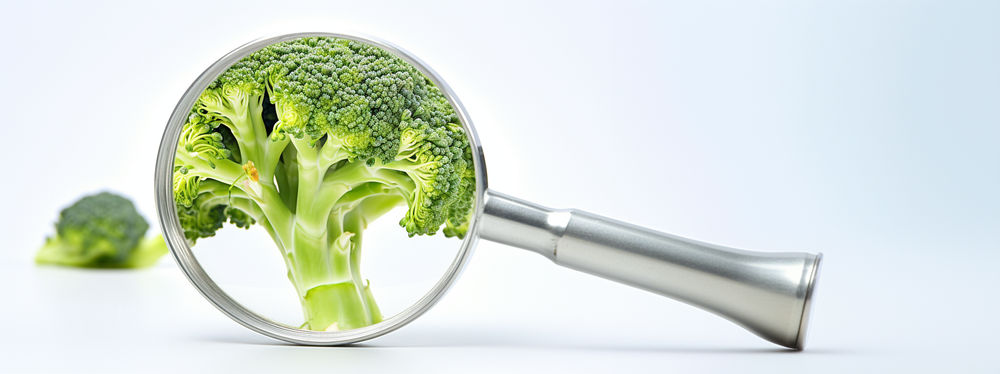
Topic world Food safety
Food safety is at the heart of the food and beverage industry. It ensures that the food we eat every day is not only nutritious, but also free of harmful contaminants. From field to plate, the industry monitors and regulates every step of the process with strict quality controls, advanced testing methods and continuous research.



